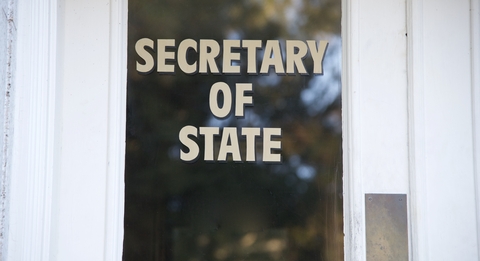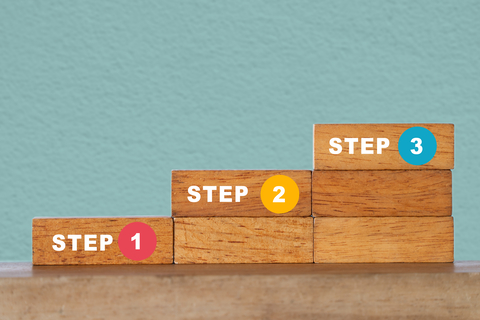Strategic searching for better results
I live and work in a new neighborhood, and there’s construction all around. I’ve watched (and heard) the crews work, and I’m always amazed at their efficiency. It’s a well-oiled machine, and one of the keys is that everyone on the crew knows not only what tools to use, but where to find them and how to use them. If they don’t, they know who does.
We tend to be strategic about our investigations or whatever work we do. But when we start the research needed to get things done, we’re often not strategic at all. We head to the usual sources, perhaps not using them to our best advantage, and we neglect exploring other options.
In previous posts, I’ve talked about the importance of using a research process or framework. I covered the first steps in the process, which helped us prepare for the actual search. In this third step, we finally dig into the sources we selected earlier and start searching.
Before you do, though, take a few minutes to take a strategic approach and answer these questions:
Where are the resources?
If you decided in the previous steps that you need news articles, is the best place the free web, LexisNexis, or both? Where do you find online civil court dockets? Maybe they won’t be online, which they’re often not, or perhaps your attorney client needs original records from the courthouse. Sometimes the answers aren’t documented—digitally or in print—and they’re only found through interviews or observation. Whether you do the work yourself or team up with someone who does, now is the time to identify where your sources are and what it takes to get what you need. In investigations, you often can’t rely on what’s online, and your network can be your most valuable asset for those distant searches.
How do I find information in these resources?
Once you identify the best places to go for answers, do you know how to find them? Learn how to use your databases, and ask your rep about training and locating the help files (it’s not always obvious). Do you really know how to use Google? What tips and tricks can you learn, and what other search engines might help? What’s the best way to gather human intelligence in this situation? Even knowing how to use the library catalog and resources, online and print, because a lot of what investigators need is hidden in microfiche. You can’t learn this on your client’s time, so be sure to make it part of your regular professional development. It will pay off now and later.
Step 3 in this information literacy process is where you finally look, search, or ask for the information you need. But, like the construction crews in my still-growing neighborhood, you need to know where the tools are located and how to use them. What are you doing to keep learning?



